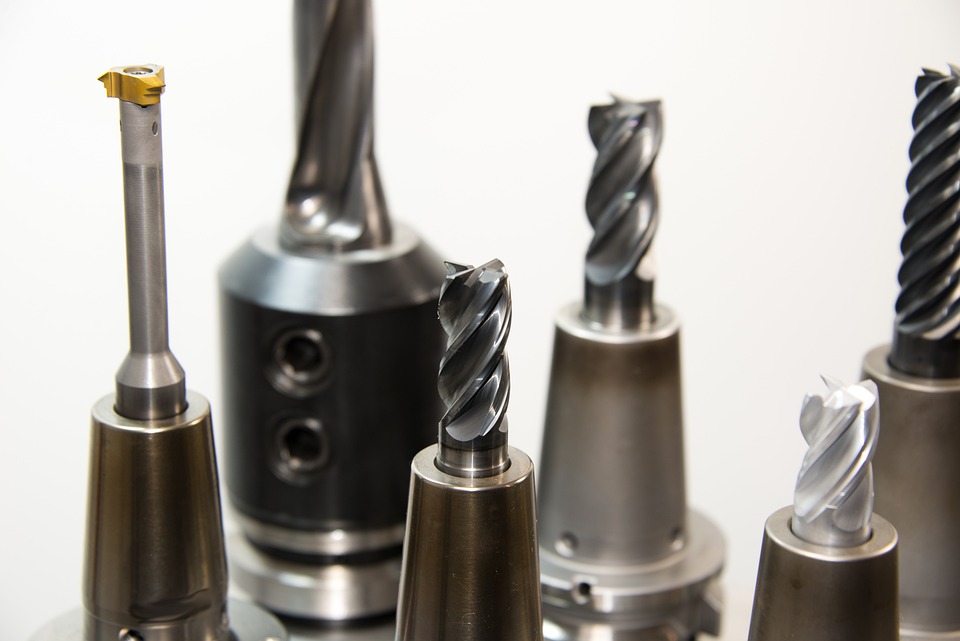Essential Interview Guide for Precision Engineers: Tips and Strategies for Success
Embarking on an interview journey as a precision engineer can be quite the adventure, one that requires not only technical prowess but also a dash of charisma and strategic thinking. The realm of precision engineering is intricate, and so too are the nuances of securing a coveted position within it. Here’s a curated collection of insights and tactics to elevate your interview game.
1. Know Your Craft Inside Out
The heart of precision engineering lies in understanding the minutiae of your field. Be prepared to discuss the specifics of your past projects, whether they involve CNC machining, CAD software, or quality assurance protocols. Anticipate technical questions that delve into the intricacies of your expertise. This isn’t merely about rattling off facts; it’s about demonstrating your capability to apply your knowledge to real-world problems.
2. Showcase Problem-Solving Skills
Employers are often on the lookout for candidates who can think on their feet. Prepare for situational questions that explore your problem-solving abilities. Consider employing the STAR technique (Situation, Task, Action, Result) to frame your responses. For instance, recount a time when you faced an unexpected challenge in a project. How did you navigate it? What innovative solutions did you implement? This narrative approach not only highlights your analytical skills but also illustrates your resilience.
3. Emphasise Team Dynamics
Precision engineering seldom happens in a vacuum. It’s crucial to convey your ability to work harmoniously within a team. Reflect on instances where collaboration was key to achieving a successful outcome. Talk about your role in multidisciplinary teams, how you handled conflicts, and ways you fostered a positive work environment. Employers want to know that you can contribute to and thrive in a collaborative setting.
4. Prepare for Behavioural Questions
Expect a barrage of behavioural questions designed to gauge your interpersonal skills and cultural fit. Questions may arise such as, “Describe a time you disagreed with a colleague and how you resolved it.” Your answer should reveal your emotional intelligence and adaptability. Use examples that demonstrate your ability to communicate effectively and maintain professionalism, even under stress.
5. Understand the Company’s Vision
Researching the company is non-negotiable. Familiarise yourself with their projects, values, and future aspirations. Why do you want to work there? What attracted you to this particular role? Tailoring your responses to reflect the company’s ethos can be the golden ticket. It shows that you are not just looking for any job, but that you are genuinely interested in contributing to their mission.
6. Dress the Part
While it may seem trivial, your appearance can make a significant impact. Precision engineering often calls for a level of professionalism that should be mirrored in your attire. Opt for smart, business-casual clothing that reflects the industry’s standards. This not only boosts your confidence but also conveys that you take the opportunity seriously.
7. Ask Insightful Questions
An interview is a two-way street. Prepare thoughtful questions that demonstrate your interest in the company and the role. Inquire about the team’s dynamics, upcoming projects, or the company’s approach to innovation. This not only showcases your enthusiasm but also provides you with valuable insights into whether the organisation aligns with your professional goals.
Navigating the interview landscape as a precision engineer is undoubtedly a challenge, but with the right preparation and mindset, it can also be an exhilarating experience. Embrace the opportunity to showcase your skills, passion, and potential. Remember, every interaction is a chance to learn and grow.
CVPortal continues to provide you with a wealth of quality CV references, ensuring that you are always one step ahead in your job-seeking journey.


